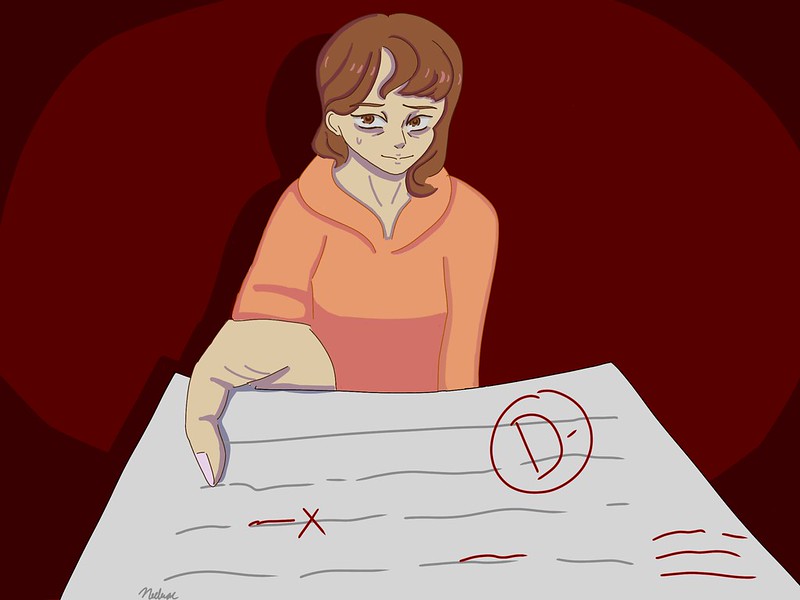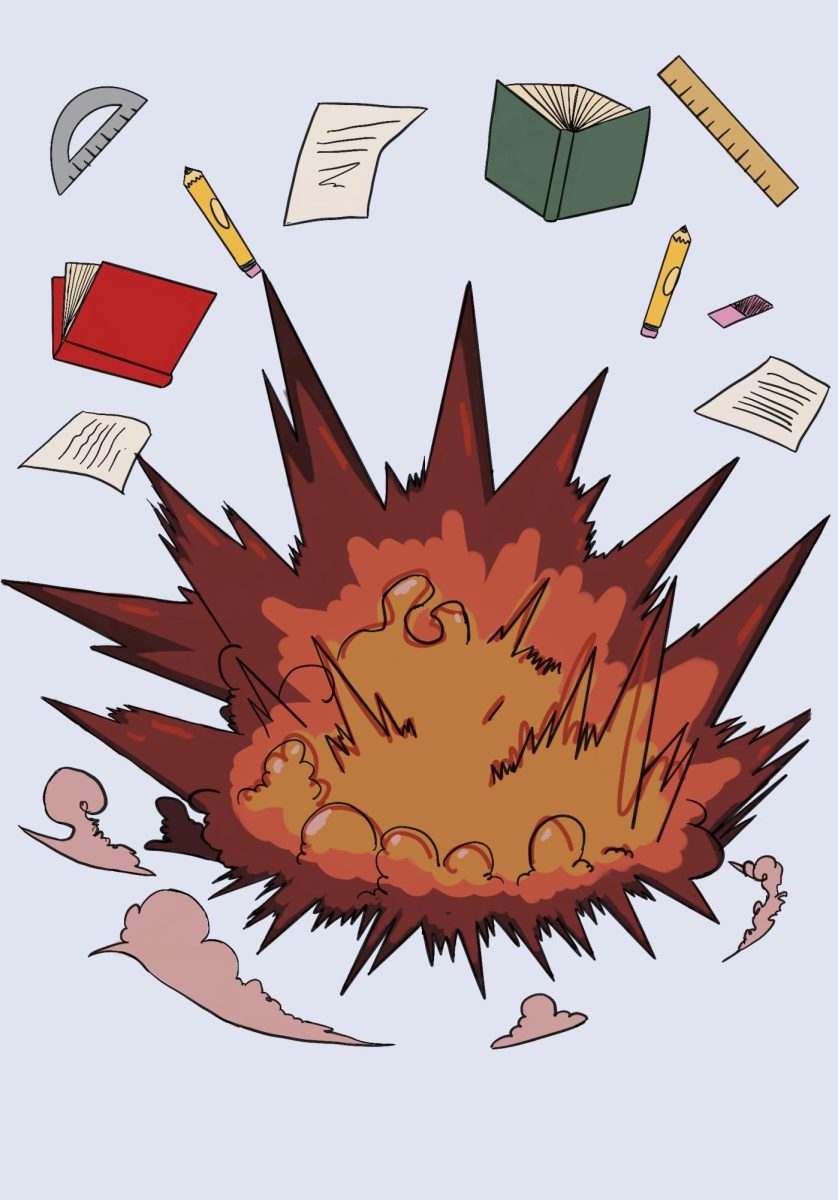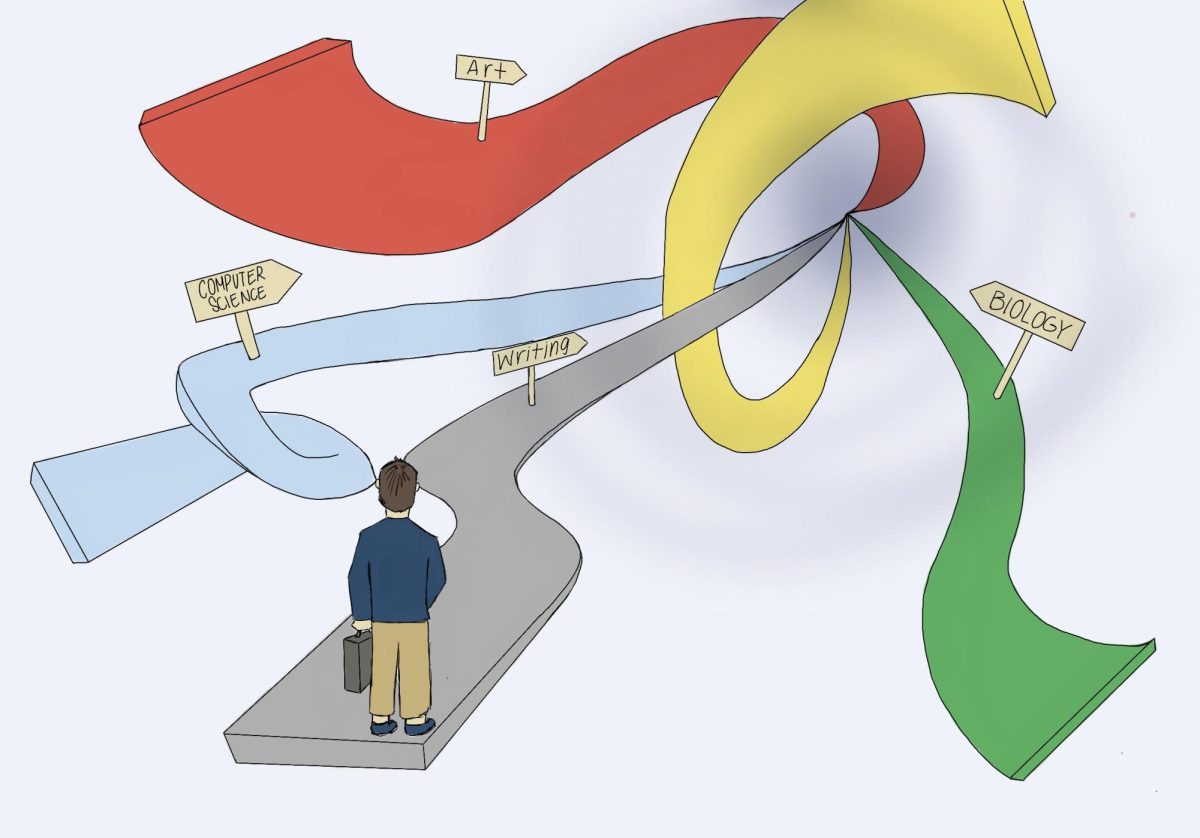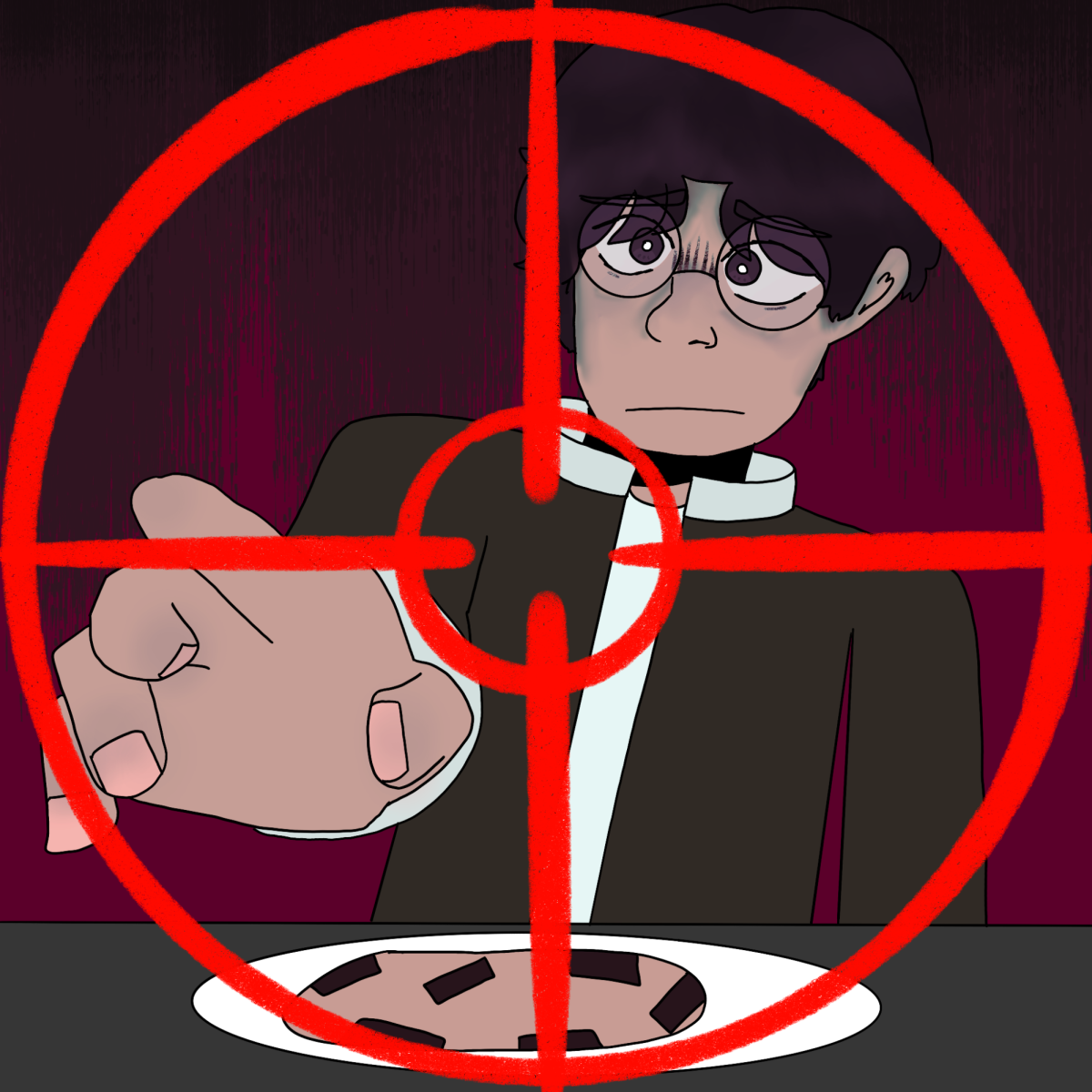I’m shorter than average, so I don’t swim in the deep end. I prefer not to drown in six-foot waters, but DV students would choose differently. They’d sprint before they learn to jog, and suddenly, that red bruise on their knees looks exactly like the red marks on their papers. Considering how difficult weighted classes are at DVHS, it’s long overdue that we slow down and take a couple steps to prepare ourselves for the (very) long road ahead.
We usually sacrifice ourselves to classes like AP Chemistry or Honors Precalculus in hopes that we impress an arbitrary admissions officer a couple years down the line, but we don’t have to. Imagine challenging yourself academically, receiving excellent marks, and getting the nod of approval from admissions officers, without sacrificing your sanity and wellbeing. That fantasy is as simple as enforcing prerequisite classes.
Students might argue that mandating prerequisite courses would prevent them from taking classes that they want to take, i.e. classes to decorate their high school transcript with, but that’s not the case. Enforcing prerequisites doesn’t mean that students can’t take classes — it just means that students have to be prepared to take those classes. Even if it takes an additional year, the bump on your GPA that you’d receive from taking that AP class prematurely would deflate with poor performance anyway. You can still take AP Chemistry, as long as you passed in Honors Chemistry. And don’t worry, colleges would understand that DV has course requirements and wouldn’t hold it against you.
While some might say that taking those intermediate classes wastes time that could be used to take a different class, the time spent studying for a course you’re unprepared for just adds up to be a class in itself. In fact, the time you save by taking classes that suit your academic needs can be used to start a new club, try tennis competitively, or even read a book that’s not for a class, but I’m sure the last one won’t be a fan-favorite.
It might seem like these prerequisites would be more of a hassle than a help, but in reality, these classes should’ve already been fulfilled when going into an advanced course. If you’ve decided to take AP Calculus BC, you should’ve gotten an A in Honors Precalculus or a B in AP Calculus AB. Those aren’t unreasonable expectations. It’s known that DV students are intelligent and capable, and prerequisites wouldn’t ask something unnecessary or tedious of students: you wouldn’t be mandated to take, say, Calculus before AP Calculus AB. Prerequisites just confirm that students are making the choices that they likely would’ve already made.
That begs the question: if DV students are so competent, then shouldn’t they be able to make those decisions themselves? Unfortunately, no. To our students, taking classes harder than what we can handle is the standard. It’s difficult to ignore our incredibly intimidating academics, so students can’t help but try to reach those standards. Scoring C’s in AP Physics and getting four hours of sleep are noble contributions to our culture, and even if not explicitly stated, students feel incompetent if they don’t do the same. So if administration doesn’t take the step to make sure that students take classes suitable for their experience, then who will?
Unsurprisingly, the trend has only gotten worse, with thousands of schedule changes being requested only during this academic year. With every schedule change comes stress for both students and administration. This year, I filled out at least five schedule request forms to receive a schedule that fulfilled all my graduation requirements. In the meantime, I’d debated whether to stay in the AP class that I was sure I’d fail in or pay hundreds of dollars to take the course outside of school. While I was worried about my own schedule changes, counselors had been working with hundreds of other requests, not to mention the lines of frantic students after school. Considering that we could avoid the crushing stress of schedule changes with prerequisites, it’s unfathomable why the policy hasn’t been adapted.
But, what about our teachers? Not only would they avoid the delay of assisting students who joined the class late, but prerequisites would also allow teachers the time to give that individualized attention that’s difficult to find. If all students had taken the prerequisite courses, all students would be prepared to approach the class content, and time previously allotted for students who needed extra support would be instead delegated to making sure all students are on track. Of course, there will always be students who still require that support, but the number of those students wouldn’t be as high.
Despite how dire the academic situation is at DV, the issue extends outside of our high school. Not only have middle school students begun advancing one or two years above their grade’s standard level, but San Ramon’s academic pressure has filtered down to elementary school students as well. When I was in the fifth grade seven years ago, teachers already began assessing us on higher-level knowledge in hopes that we’d perform well enough to advance in middle school.
If you don’t particularly care to enforce prerequisites for high school students, consider our younger students — our elementary school students who have begun learning for college and not for themselves. We can’t prevent the issue, but we can start improving it.








